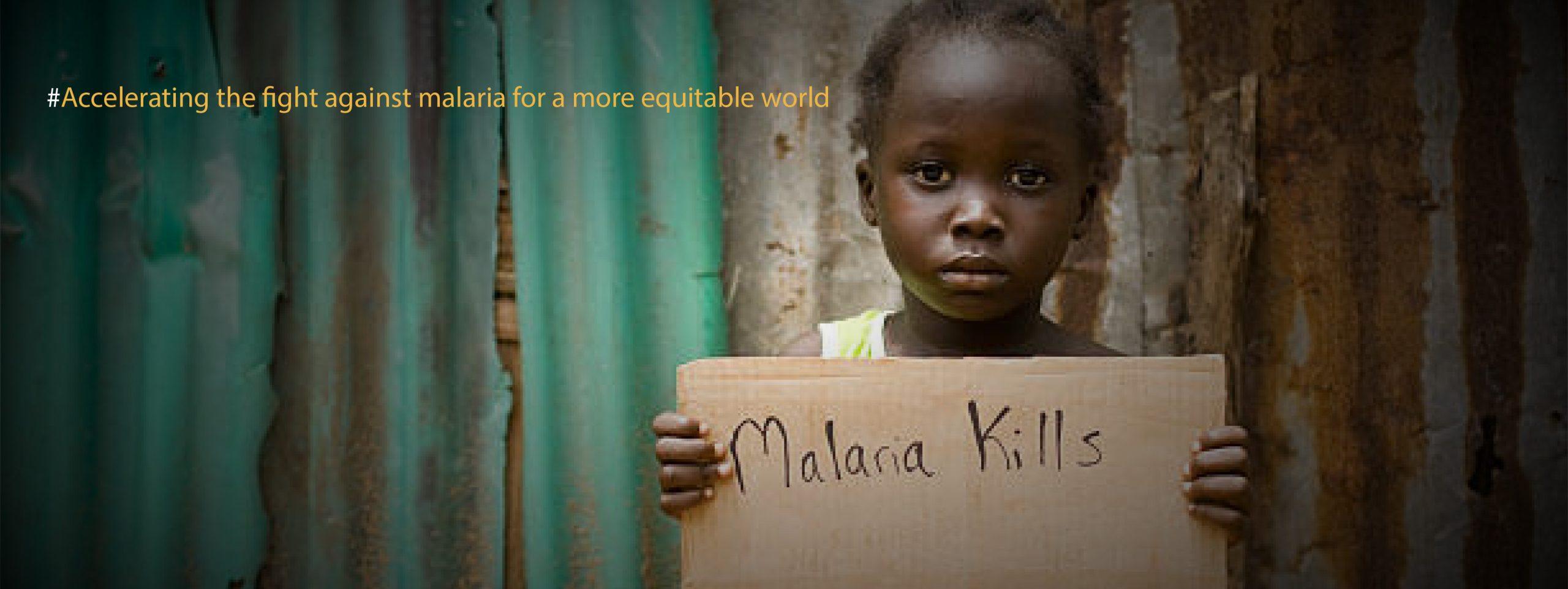Abstract:
Malaria continues to pose a significant public health challenge in the IGAD region, with outbreaks and the spread of An. Stephen’s is impacting access to healthcare for cross-border populations. This article highlights the need for coordinated efforts to strengthen malaria control programs, improve healthcare access, and address the root causes of the disease to advance towards malaria elimination in the region. The malaria elimination requires closely coordination between neighboring countries. Cross border coordination is important in malaria elimination settings as it strengthens surveillance, exchange knowledge and optimum use of resources. In 2020, a tripartite Memorandum of Understanding was signed between IGAD, RBM, and ALMA, outlining collaborative areas such as regional elimination goals, policy environments, resource mobilization, and coordination.
A rapid assessment was conducted in the second half of 2022 to evaluate the current malaria implementation status of Member States’ programs in collaboration with health experts from IGAD, RBM, and ALMA. The assessment aimed to review ongoing control, pre-elimination, and elimination efforts, identify challenges and priorities in regional bottlenecks. It proposed joint interventions for enhanced collaboration towards malaria elimination.
Method
The assessment comprised a desk review of relevant documents, key informant interviews with stakeholders, and stakeholder consultations to validate findings and recommendations for the assessment report.
Outcomes and results
All IGAD countries are committed to malaria control, with varying elimination objectives. More specifically considering their malaria elimination objectives: (i) Djibouti will consider malaria elimination once universal coverage is reached, (ii) Ethiopia is targeting nationwide elimination by 2030, (iii) Kenya has a sub national elimination agenda targeting 4 counties currently under development, (iv) Somalia is aiming at a minimum of 25 districts (of 90 districts) reporting zero cases by 2025, (v) South Sudan has no Elimination objective in the strategic plan and is focusing on scaling up all interventions, (vi) Sudan is targeting 3 northern states for pre-elimination, and (vii) Uganda is establishing a system for malaria elimination in targeted districts by 2025.
The rapid assessment report analyzes achievements, challenges, treatment protocols, ALMA scorecards, and grants in each country. It is also analyzing each country situation in terms of main achievements and challenges.
Next Steps:
Proposed initiatives include the development of a Horn of Africa malaria initiative led by IGAD which aimed at generating changes against cross-border movement, spreading insecticide resistance, or insufficient intervention coverage in another country, and addressing cross-border challenges. This will enhance regional collaboration for malaria elimination. Thus, IGAD aims to create an enabling regional environment that will allow respective countries to achieve their elimination goals and accelerating progress towards a malaria-free Horn of Africa.
In this regard, the national malaria managers (NMCPs) together with IGAD Secretariat have selected the 2 specific areas inline relevant for regional collaboration:
Development of the coordination of entomological and epidemiological surveillance in IGAD countries
Synchronization of vector control intervention across member states
These projects are aligned with the IGAD Cross Border Health Policy 2021-2030 and enhance regional collaboration to accelerate progress towards a malaria-free Horn of Africa.
Written By:
Dr. Ahmed Hassan Ahmed
Senior Health Advisor, IGAD
ahmed.hassan@igad.int

